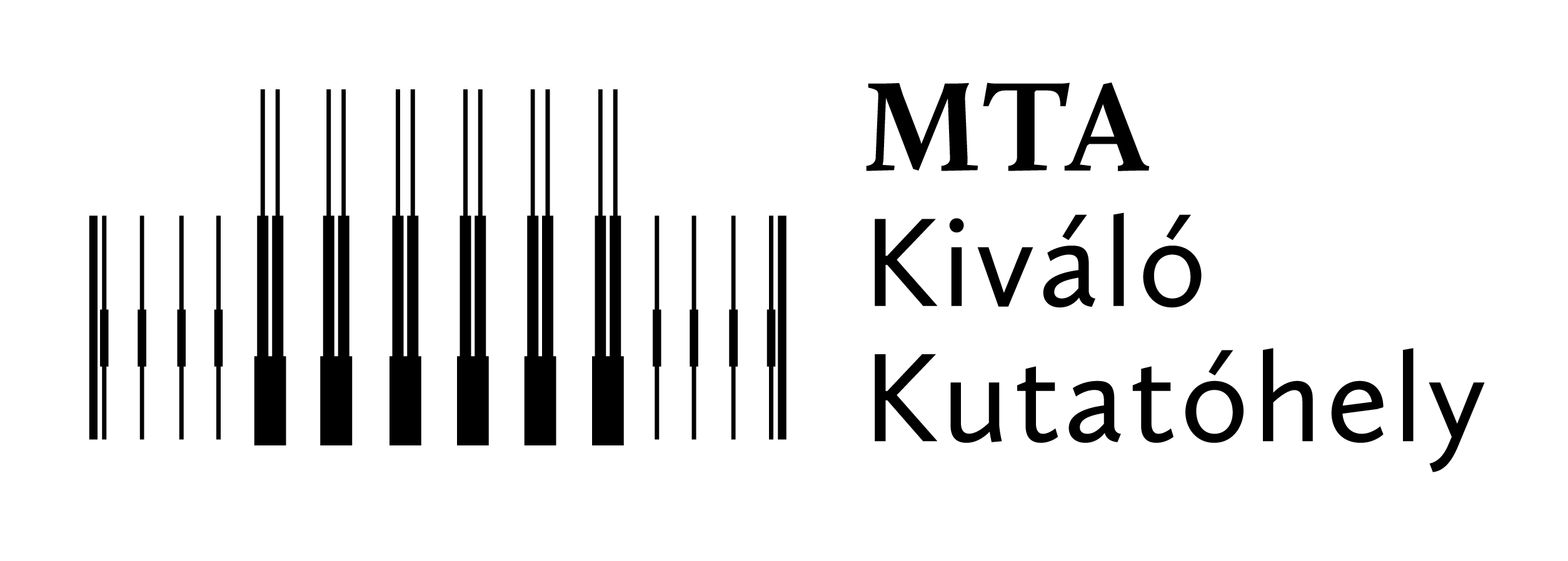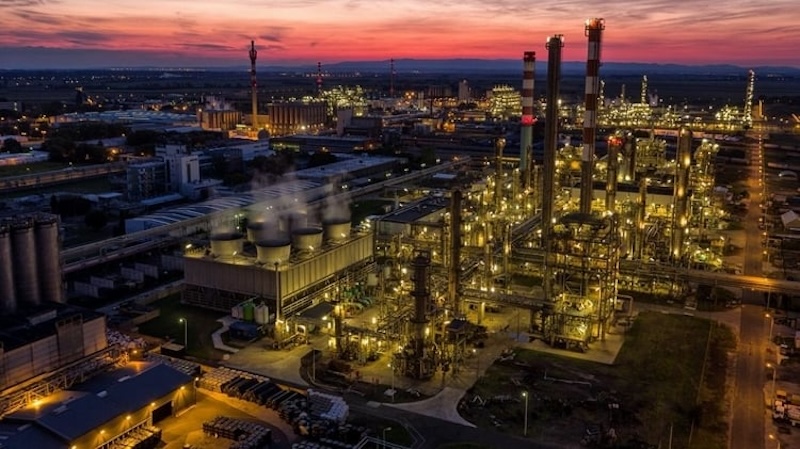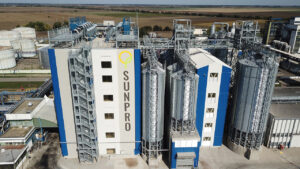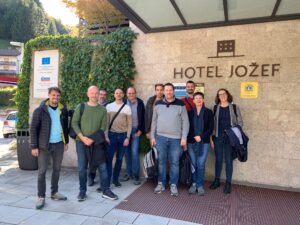About the project
The project rests on the cooperation of ZRC SAZU and HUN-REN Centre for Economic and Regional Studies (HUN-REN KRTK) and funded by the ARIS (Slovenian Research and Innovation Agency, Slovenia) and NKFIH (National Research, development and Innovation Office, Hungary). The work lasts 3 years (2025.01.01.-2027.12.31.).
The project aims to understand more of the structural conditions and the interplay of local and non-local agency in the development of small towns which are located outside major urban agglomerations, yet have a substantial share in industrial employment and output (disproportional to their population), and their economy is embedded in global production network. Our intention is to use these ‘hidden industrial champion towns’ as models to explore how human agents in local communities can transform socio-spatial disadvantages (peripheral location, small population and limited access to labour and services) into advantages that are used for new development paths or stabilizing old ones. It is important to know how different external conditions (i.e. national policies and macroeconomic structures) which are different in Slovenia and Hungary, influence the actions of agents and local communities and lead to different development outcomes. The project relies on a combined methodology to reveal and classify path development of small towns, discover agency (strategies, assets, struggles) behind the change or maintenance of industrial paths, how local communities relate to such processes and what narratives are driving current processes (semi-structured expert and narrative interviews, a questionnaire survey, and statistical and narrative analysis) in three case study towns in both countries conducted along a shared methodology. We also endeavour to build up networks locally to discuss our results and support communities and to channel local voices in national policy making. Moreover, it is our ambition to develop a European network of academics focusing on small towns.
Participants
The Hungarian team
Dr. Erika Nagy, PI; senior researcher, HUN-REN CERS Institute for Regional Studies, Békéscsaba, publications
Dr. Ernő Molnár, associate professor, Department of Social Geography and Regional Development University of Debrecen, publications
Dr. Nagy Gábor, senior researcher, HUN-REN CERS Institute for Regional Studies, Békéscsaba, publications
Dr. Gábor Pirisi, associate professor, head of department, Dept. of Human Geography and Urban Studies University of Pécs, publications
Dr. Tagai Gergely, research fellow, HUN-REN CERS Institute for Regional Studies, Békéscsaba, publications
The Slovenian team
Case studies
Events
- The first ’offline’ (in-person) workshop organised by the ZRC SAZU team took place in Ljubljana. The discussion was focused on reviewing the quantitative stage of the project, including data base development, shared analytical framework and methodology (WP1, SO 1.1). The team also agreed on the structure of the historical overview of industrial paths comparatively, and the milestones of the publication strategy. To ground the planned field work in case study towns, the team visited Idrija, a small town impacted by substantial industrial restructuring which was shaped by two locally embedded, powerful ‘hidden champion’ companies.
- Three members of the research team, David Bole (Geografski Inštitut Antona Melika ZRC SAZU), Ernő Molnár (Debreceni Egyetem), and Erika Nagy (ELTE KRTK RKI) were invited to the workshop Future Sustainability Transition Pathways for Central and Eastern European Regions organised by the University of Ostrava, Department of Human Geography and Regional Development. The interactive event focused on discussing the transition of CEE industrial regions, related social and environmental conflicts, moreover, on policy and community responses. The meeting ended by a joint agreement on developing a network of academics exploring paths of industrial restructuring in the region.
https://www.instagram.com/p/DP7Iy7fDed9/

Publications
- The project results have been introduced and discussed at the 12th Conference of Hungarian Geographers (Szeged, 2025. szeptember 18-21.)
The papers were given at the event:
Erika Nagy: Socialist industrial towns in transition: Path dependence and local agency
Gábor Nagy, Ernő Molnár, Gábor Pirisi, Gergely Tagai, Erika Nagy: Current trends of peripheral industrialization and the changing patterns of small town-centred commuting
https://mfk2025.hu/#brxe-pwtsbp - The project team organised a session at the Cities after Transition (CAT) conference (Tirana, 2025. szeptember 22-25.) focused on The transitions and variegated paths of industrial towns in Eastern Europe (Session 20). All together, 6 paper were given in the session, 3 of them delivered by team members
Gábor Pirisi: Rebranding Komló? Opportunities and limits in the transformation of a former mining town
Erika Nagy: New path, new dependencies? The entanglement of local and non-local agencies in a former socialist industrial town in Hungary
Gábor Nagy: The current trends of peripheral industrialization and the changing patterns of small town-centred commuting
https://cat2025tirana.com/programme/
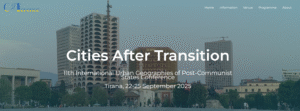
- Two team members (Erika Nagy, Gábor Nagy) participated in the conference organised by the Aleksanteri Institute, University of Helsinki titled Extremisms. Ambiguities, Ideologies, Agency (Helsinki, 2025. október 22-24.).
The paper delivered: Is centrally controlled industrialisation (only) a state socialist scheme for regional development and political control? The entanglement of peripheral industrialisation and the rise of the authoritarian regime in post-2010 Hungary
https://www.helsinki.fi/en/conferences/extremisms-ambiguities-ideologies-agency/programme


